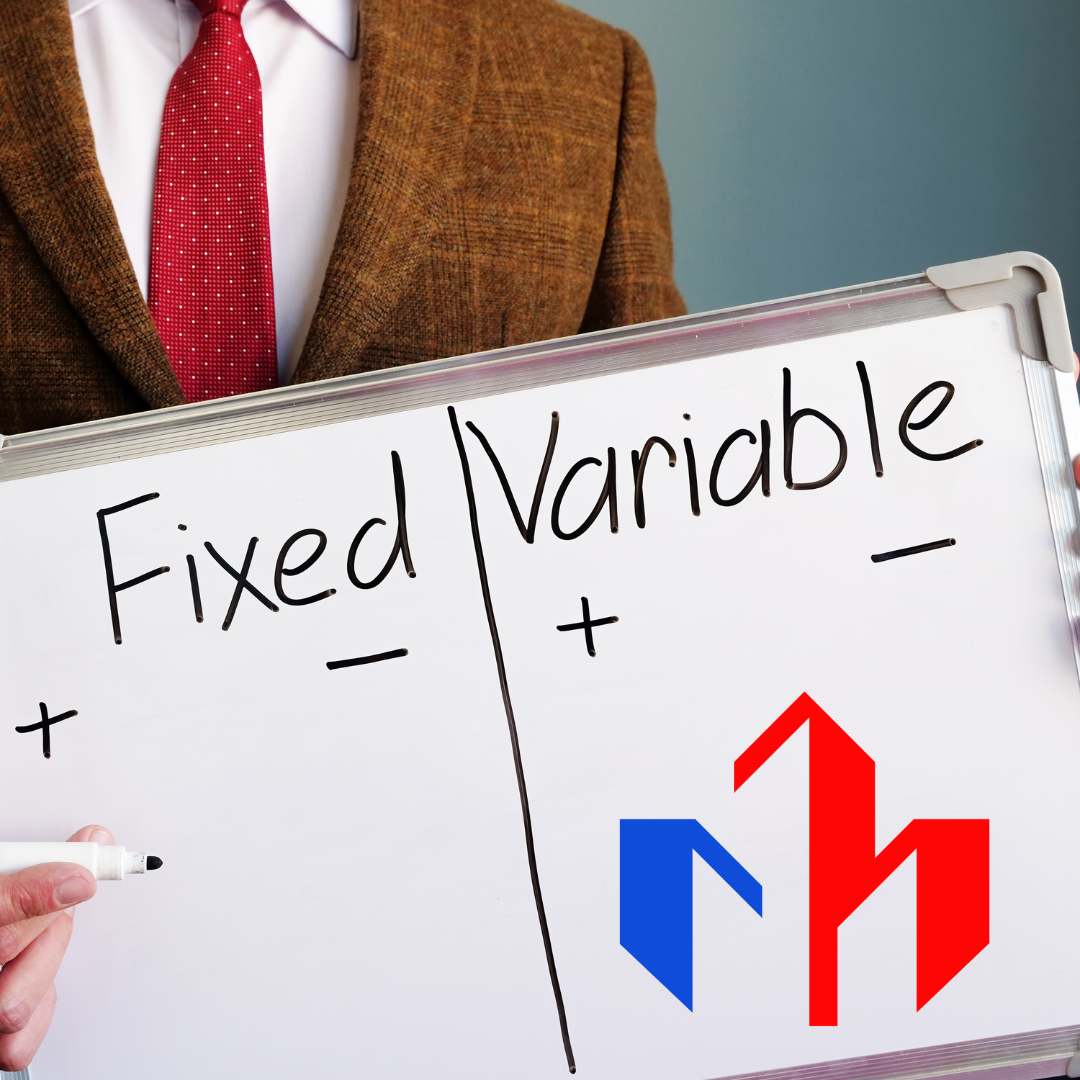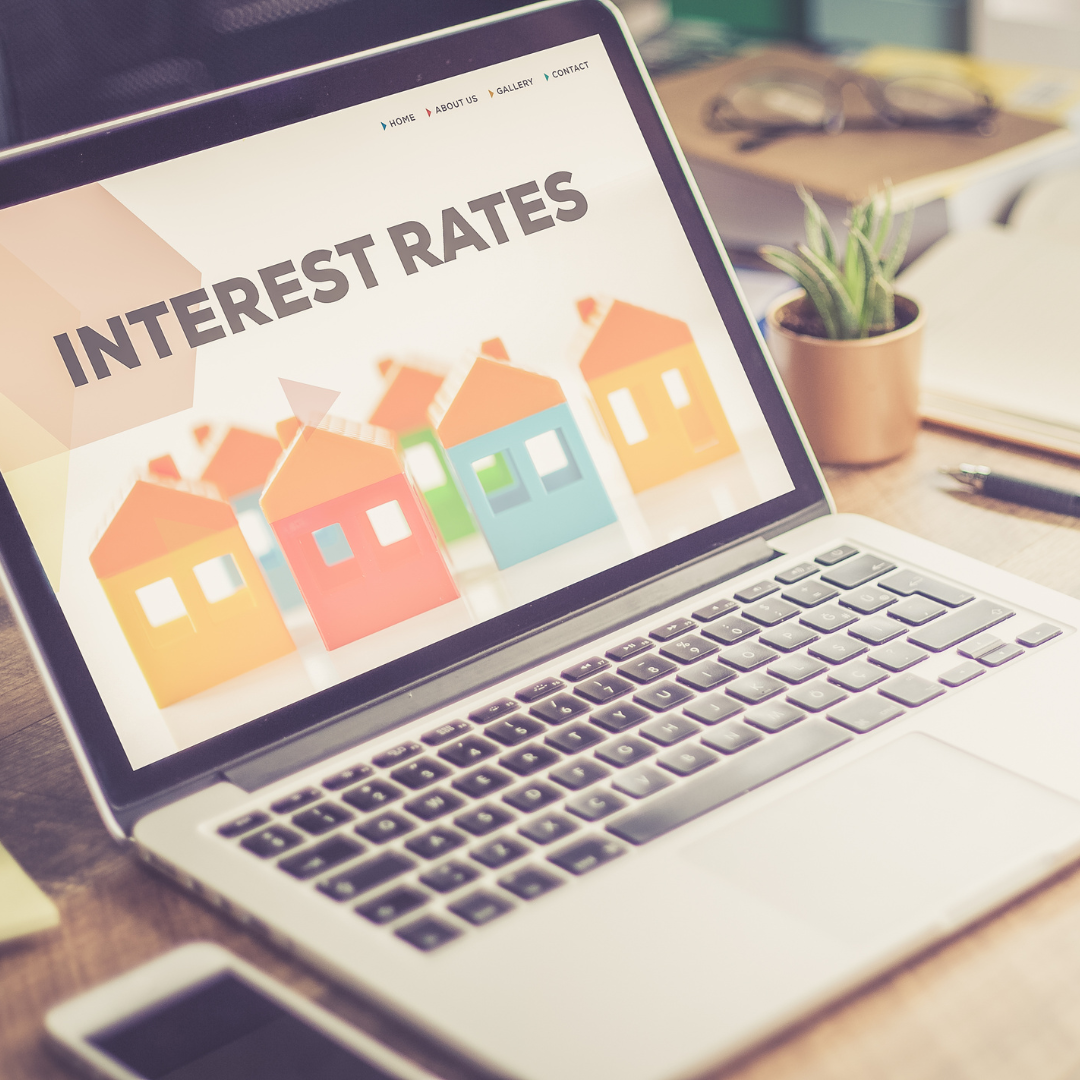Why You Should Think About Variable Mortgage Rates

You may have heard that mortgage rates are on the rise, and you’re thinking about lock
What are the best 5-year variable mortgage rates available?
The best 5-year variable mortgage rates are currently available at 2.40%, which is a decrease from the previous week’s rate of 2.50%. This is the lowest rate that has been offered since early November 2016.
Variable mortgage rates have been on a steady decline over the past few weeks, and this decrease marks the seventh consecutive week of lower rates. Mortgage experts are attributing this downward trend to a combination of weakening economic data and concerns about the Donald Trump Administration’s policies.
The Bank of Canada (BoC) held its benchmark overnight rate steady at 0.5% earlier this month, but some analysts are now predicting that they will make a cut in the second half of 2017. If this happens, we could see further decreases in variable mortgage rates.
If you’re considering a variable-rate mortgage, now is a good time to lock in a low rate. However, you should be aware that there is always the potential for rates to increase again in the future. As such, you should only sign up for a variable-rate mortgage if you’re comfortable with some degree of risk.
Why should you consider a variable-rate mortgage?
A variable-rate mortgage is a type of home loan where the interest rate is not fixed but instead fluctuates with the market. This means that your monthly payments may go up or down depending on the state of the economy. However, this also means that you could potentially save a lot of money if interest rates happen to drop.
Here are a few reasons why you should consider a variable-rate mortgage:
- You could save money if interest rates drop.
- The monthly payments on your mortgage are flexible, so you can better manage your finances.
- Variable-rate mortgages tend to have lower interest rates than fixed-rate mortgages.
- You can use a variable-rate mortgage to pay off your home loan faster by making larger monthly payments when interest rates are low.
How can you get the best 5-year variable mortgage rate?
There are a few things you need to know in order to get the best 5-year variable mortgage rate. First, make sure you have a good credit score. Your credit score is one of the most important factors that lenders consider when determining your interest rate. If you have a good credit score, you will likely qualify for a lower interest rate.
Second, shop around. Don’t just go with the first lender you find. Be sure to compare rates from several different lenders before making a decision.
Third, consider a variable-rate mortgage. With a variable-rate mortgage, your interest rate can change over time. This can be either good or bad, depending on market conditions. However, if you think rates are likely to go down in the future, a variable-rate mortgage could be a good option for you. Just be sure to stay aware of market conditions and be prepared to make payments at a higher interest rate if rates do rise.
What are the benefits of a variable-rate mortgage?
A variable-rate mortgage is a type of home loan where the interest rate is not fixed and can fluctuate over time. This means that your monthly repayments could go up or down, depending on changes in the market.
There are several benefits to taking out a
variable rate mortgage:
-You may be able to get a lower interest rate than with a
fixed-rate mortgage. This could help you to reduce your monthly repayments.
-A variable rate mortgage gives you the flexibility to make additional repayments on your loan, without being
penalised. This can help you to pay off your loan sooner.
-If interest rates fall, you will benefit from lower repayments. This could free up extra cash that you can use for other purposes, such as investing or saving.
Of course, there are also some risks associated with a
variable-rate mortgage. For example, if interest rates rise, your monthly repayments will go up. This could make it more difficult for you to meet your repayment obligations.
Before deciding whether a variable rate mortgage is right for you, it’s important to understand both the risks and rewards involved. Speak to a financial advisor if you need help to make an informed decision about the best type of home loan for your needs.
What are the risks of a variable rate mortgage?
A variable rate mortgage is a type of home loan where the interest rate is not fixed and can fluctuate over time in line with market rates. This means that your repayments can also change, which can be both good and bad.
The main advantage of a variable rate mortgage is that if interest rates go down, your repayments will also decrease. This can make a big difference if you are on a tight budget. However, the flip side is that if interest rates go up, your repayments will also increase. This is why it’s important to consider the risks before you decide whether a variable-rate mortgage is right for you.
One of the biggest risks of a variable rate mortgage is that you could end up paying more than you anticipated if interest rates rise. This could cause financial difficulties, especially if you have other debts such as credit cards or personal loans. Another risk is that your monthly repayments could become unaffordable, even if interest rates only rise slightly. This could put your home at risk of being repossessed.
Before you take out a variable rate mortgage, it’s important to consider these risks and make sure you would be able to afford the higher repayments if interest rates rise. You should also think about how much fluctuations in interest rates would affect your lifestyle and whether you would be comfortable with the uncertainty.
How to choose the right variable rate mortgage for you
When it comes to choosing a mortgage, there are many different options available. One type of mortgage that you may come across is a variable rate mortgage.
Variable-rate mortgages can offer some great benefits, but they also come with some risks. In this article, we’ll take a look at what a variable rate mortgage is and how to choose the right one for you.
A variable rate mortgage is a type of mortgage where the interest rate can change over time. The interest rate is usually based on an index, such as the prime rate, and will fluctuate along with that index. This means that your payments could go up or down depending on the market conditions.
Variable-rate mortgages can offer some great benefits. For starters, they often have lower interest rates than fixed-rate mortgages. This can save you money over the life of your loan. Additionally, if interest rates go down, you could save even more money by refinancing your mortgage at a lower rate.
However, there are also some risks associated with
variable rate mortgages. For example, if interest rates rise, your monthly payments could become unaffordable. Additionally, if you need to sell your home before the end of your loan term, you may not be able to get as much for it as you would with a fixed-rate mortgage.
When deciding whether or not a variable-rate mortgage is right for you, it’s important to weigh the pros and cons carefully. If you’re comfortable with the risks involved, then a variable-rate mortgage could be a great option for you. However, if you’re not comfortable with the risks involved, then you may want to consider another type of mortgage.
Tips for getting the most out of your variable rate mortgage
Assuming you qualify for a variable-rate mortgage, there are a few things you can do to ensure you get the most out of your mortgage and save money over the long term.
- Shop around for the best mortgage rate. Just like with fixed-rate mortgages, different lenders will offer different rates on their variable-rate mortgages. Be sure to compare rates from a few different lenders before settling on one.
- Consider the length of your mortgage. Variable-rate mortgages are available in both short- and long-term options. If you want the security of a lower interest rate for a longer period of time, you may want to consider a longer-term variable-rate mortgage. However, if you’re comfortable with the risk that interest rates could potentially rise over time, a shorter-term mortgage may be a better option for you.
- Make extra payments when possible. Since variable rates can fluctuate over time, making extra principal payments when rates are low can help you save money on interest over the life of your mortgage.
- Stay disciplined with your finances. Even though interest rates may be low, it’s important to keep up with your regular payments and not fall behind. If interest rates rise, your monthly payments could become more difficult to afford, so it’s important to stay on top of things from the beginning.
The bottom line: is a variable rate mortgage right for you?
Only you can answer this question, and it really depends on your personal financial situation and your comfort level with risk. A lot of people are turned off by the thought of a mortgage rate fluctuating, but if you are comfortable with that risk and feel like you can weather any potential storms, a variable-rate mortgage could save you a lot of money in the long run.
Do your research and speak to a financial advisor to make sure you are making the best decision for your individual circumstances.
| MortgagesToGo.ca | |
| Website | Mortgagestogo.ca |
| Services | New purchase, refinancing and equity takeouts, mortgage transfer, mortgage renewal Rates |
| Rates | https://mortgagestogo.ca/mortgage-rates/ |
| Address | 12 Royal Vista Way NW #1110, Calgary, AB T3R 0N2 |
| Contact Details | (888) 888-5998 |
| Operating Hours | Monday – Friday 9 AM – 5 PM |








